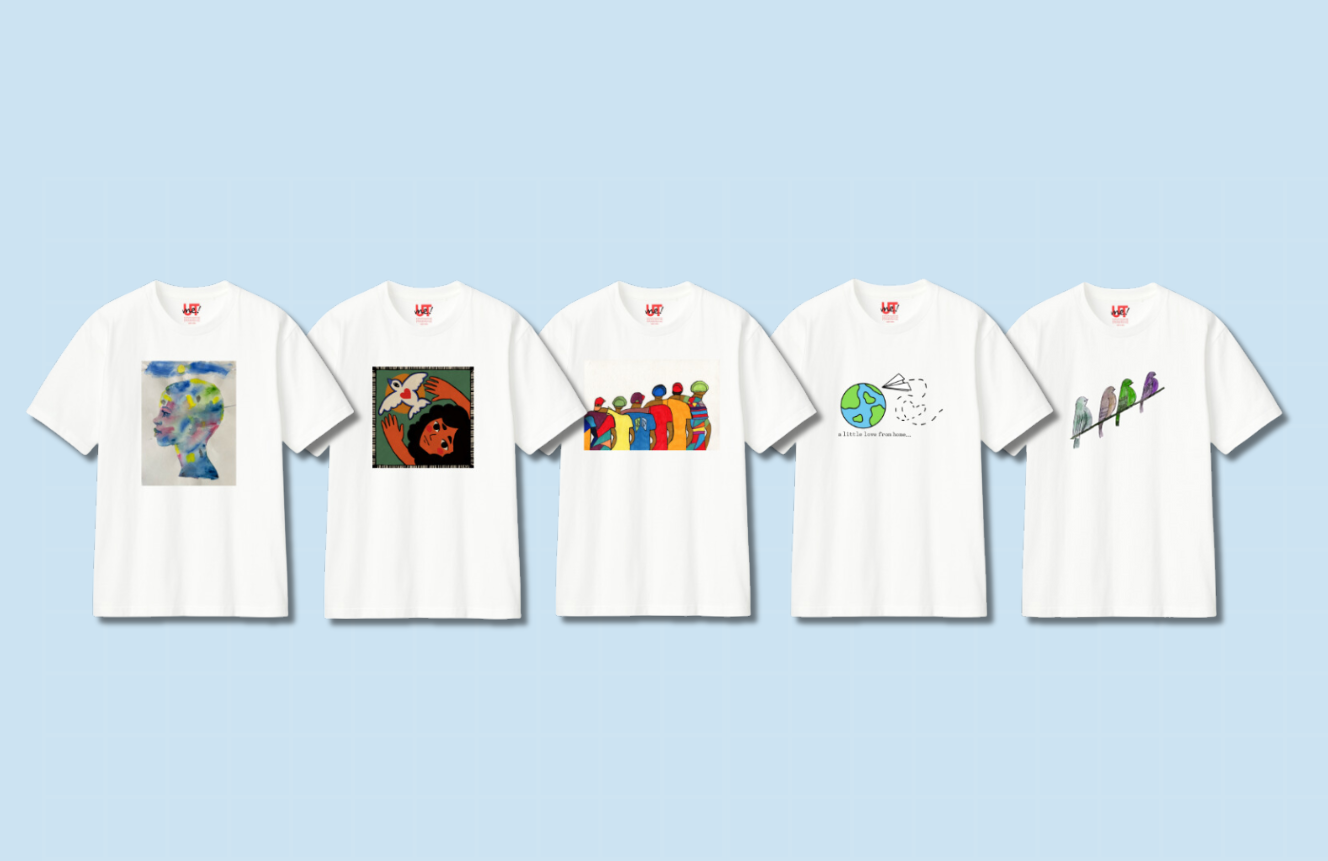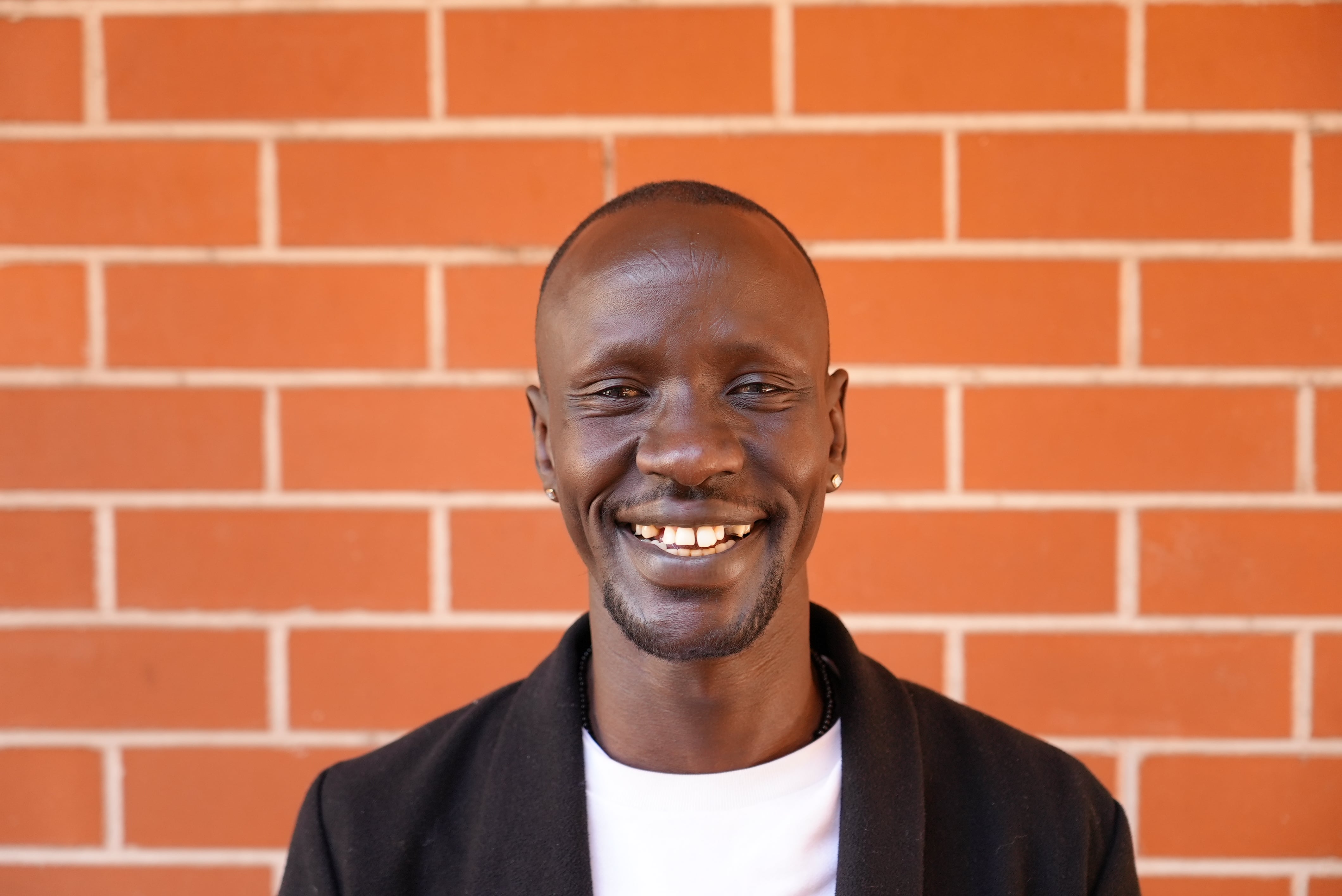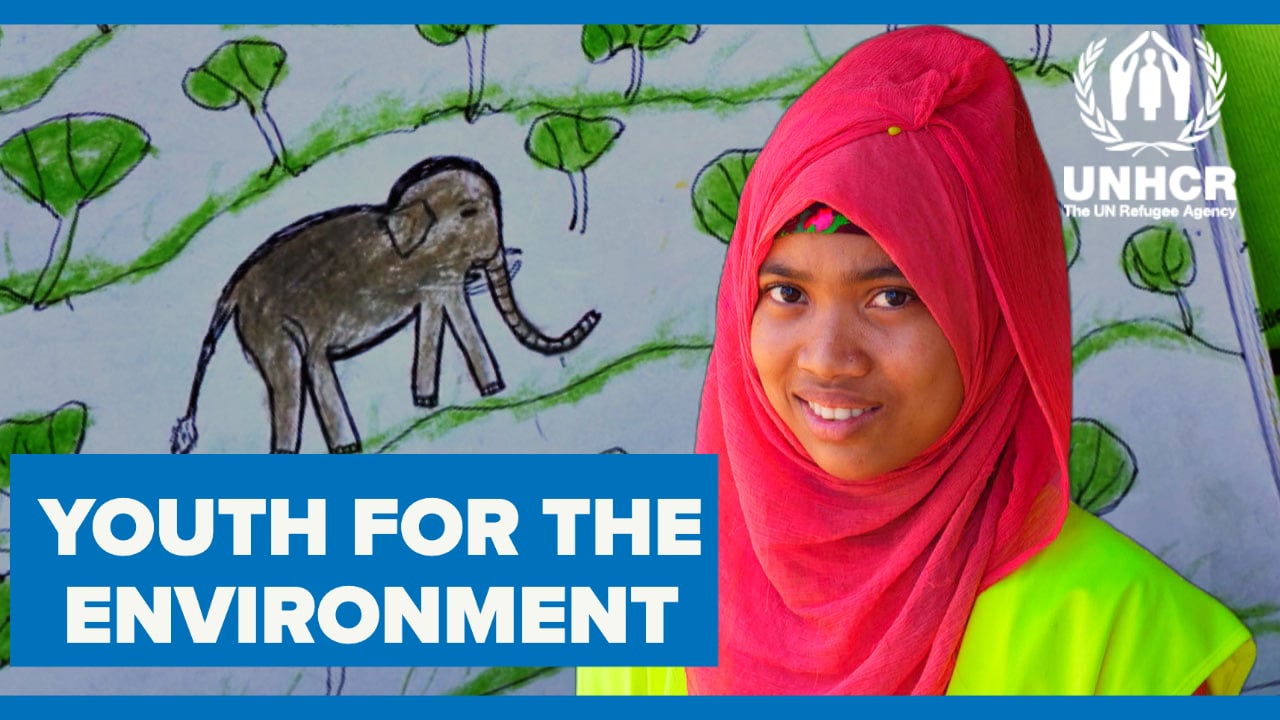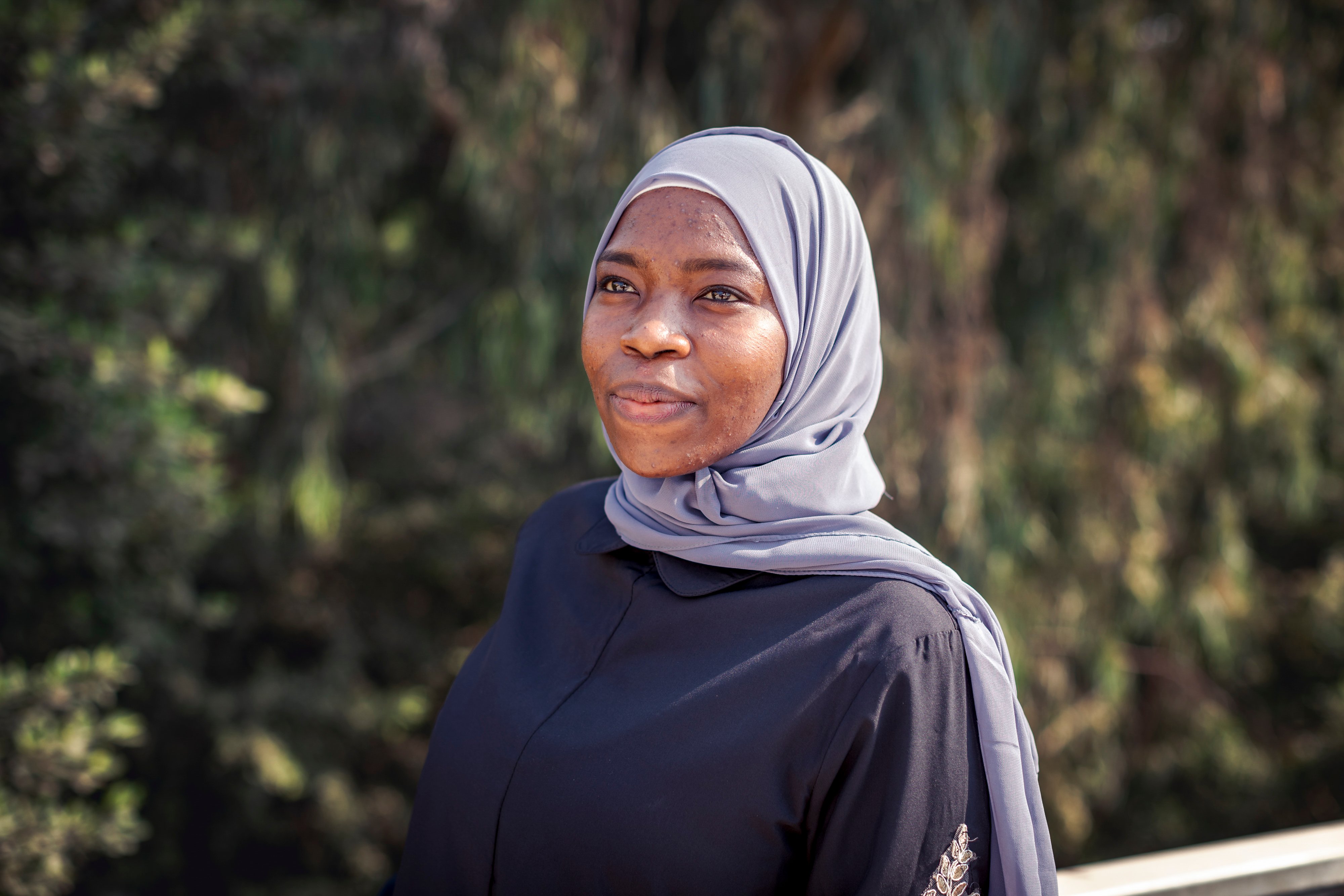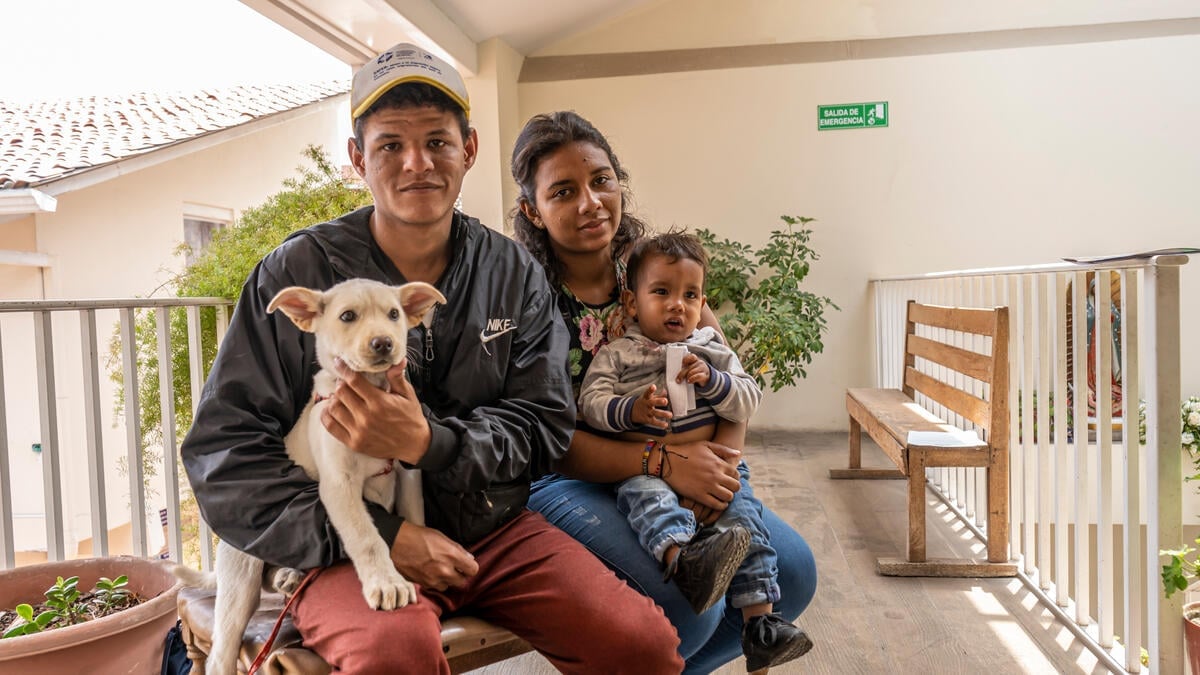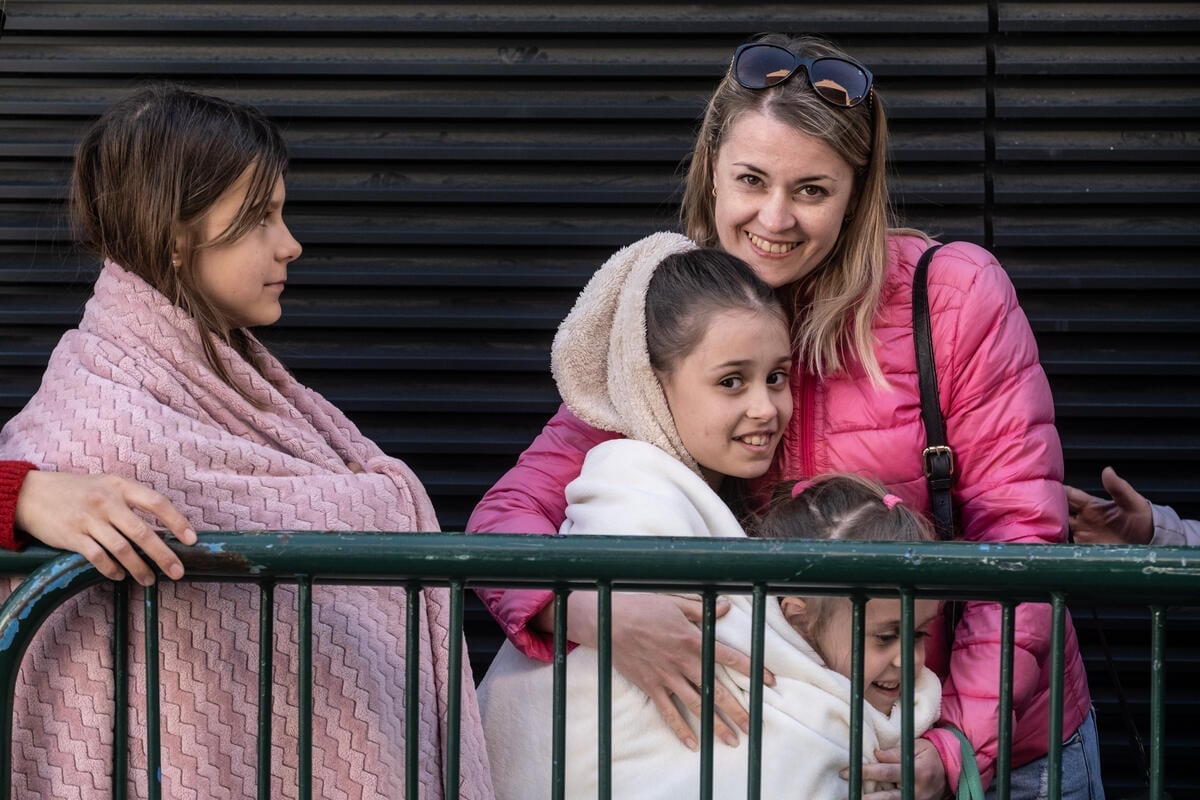Learning language key to integration, say young refugees

Learning language key to integration, say young refugees
Teenager Michel Barakat mixes Arabic, Czech and English in his eagerness to tell his story. He is asked which language he would prefer to speak. “All of them,” the 14-year-old Syrian refugee replies, grinning with a mixture of frustration and enthusiasm.
He has made a good start. Besides those three, he has started to study German. Next, he reels off greetings in Hindi, then a string of French expressions.
Learning to speak Czech is the key to successful integration, according many recently arrived refugees.
“If you speak Czech well and you move among Czechs, they will help you,” says Michel. “But if you are from an Arab country and spend all your time among Arabs, they can’t help you because they don’t know how things work in the Czech Republic. It’s better to really study Czech.”
Learning the language is a cornerstone of the Czech government’s integration programme for refugees, which tailors plans to each refugee’s needs.
“Learning Czech is vital.”
“Learning Czech is vital,” says Olivera Vukotic, regional integration officer in UNHCR’s Central European office in the Hungarian capital, Budapest. “If you don’t speak the language, you can’t talk about integration. It’s impossible.”
Vukotic says the Czech government is generous in the number of hours of language tuition it provides for refugees. Some Central European countries provide none.
Michel’s Christian family fled war in Syria after his school bus narrowly missed being blown up. Because of their experiences, the family was granted a form of international protection in the country, but they may be required to go home once the war ends.
His mother has not learned Czech so easily. At first, he was happy to be able to translate for her and others at a reception centre where they first stayed. “But now it is a burden because I have my own duties,” he says. He has less time to accompany her to government offices and similar places.
It is a feeling familiar to his classmate, Syrian refugee Natalia Rami Haddad, also aged 14. The two met in the university town of Hradec Kralove, 115 km east of the Czech capital, Prague. Natalia said she had often been called upon to interpret for relatives in her extended family.
“It’s easier for young people to learn the language,” the teenager says in fluent Czech. “When you start, you’re just like a young kid opening your eyes for the first time on a new world. Now it’s like my native language.” Refugee children normally start off lagging behind in their education but can speed ahead with summer catch-up classes.
Natalia and Michel were among 11 refugee students honoured by UNHCR, the UN Refugee Agency, in June 2017 for their excellent academic results, at a ceremony held at the Education Ministry in Prague.
“Wars show adults are not able to live together.”
“It’s really impressive how much support refugee students and their families have had from their schools and their communities,” said Petra Levrincova, head of UNHCR’s office in the Czech Republic.
Petr Rehak, class teacher to Natalia and Michel, says refugees have brought welcome diversity “and another point of view” to the school, valuable during discussions of world events.
Looking to the future, Michel has received news that a volunteer wants to work with him under a UNHCR-sponsored scheme that pairs Czech citizens with refugees in need of a boost. The volunteer will help tutor Michel for exams that will determine whether he can enter a prestigious secondary school.
Natalia, who hopes to become a doctor, has formed a close friendship with Czech classmate Natalie Sembdnerova. The 12-year-old Czech girl says she is thrilled to have a Syrian friend.
Natalie believes children forging ties across nationalities are the planet’s best hope.
“When you look around the world, and you look at all the wars, evidently adults are not able to live together,” she says.
Natalia, sounding a sombre note for the first time in the conversation, added: “Those at the top want to lead wars, but they don’t realize how difficult life is for those at the bottom.”








